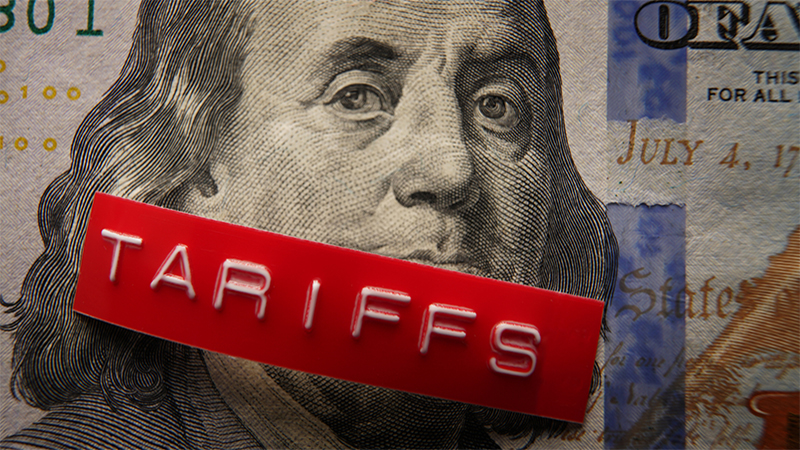Kames Capital bond manager Stephen Snowden recently said managers who park in cash, which he calls “effectively a negative-income asset class at a fund level”, should lower their annual management charges (AMCs). I’ve also heard this suggestion in a number of separate conversations.
The argument goes that, after choosing an active manager, the investor is being done a disservice if some of their money remains in cash. The implication is that the active manager is not doing their job ‘properly’ and should not take their full fee. But this view fails to take into account the benefits to allowing managers to hold cash when they feel necessary.
It is clear is that funds appear to be holding more cash than they traditionally would. Research by Bank of America Merrill Lynch last month found fund managers across the globe are running a net 15% overweight position in cash.
And data from FE Analytics shows at least eight IMA sectors as having an average cash weighting of more than 5% – the level which most managers would have described as ‘high’ just a couple of years ago. Within each sector, there are examples of individual funds with much higher cash weightings.
If you’re not investing, don’t make me pay
Cash does act as a drag on performance. The interest received on cash deposits is also lower than the typical AMC, meaning the investor is essentially paying to not have their money invested in return-yielding securities.
Snowdon, who manages the Kames Investment Grade Bond and Kames Investment Grade Global Bond funds, said: “If the fund’s only 90% invested, are you getting a 10% discount on the AMC to account for that? It seems strange to me that you pay a full fee for a partial job.”
This argument has a commonsense appeal. If my money is not being invested, why should I pay for the privilege. If I wanted to I could not invest my money on my own.
Letting the manager choose when to invest… or not
However, the above argument falls down if you have the view that holding cash, when appropriate, is a part of active management rather than a neglection of it – just look at the £845.5m CF Miton Special Situations Portfolio, which currently has a cash allocation of 32.7%.
Cash is actively used in the fund to hedge against volatility and weakness in markets and to quickly move into other asset classes. The fund has underperformed over recent timeframes but delivered significantly above the IMA Flexible Investment sector’s average return over five and ten years, as well as since launch in 1997.
James Sullivan, the co-manager of the fund, told me: “We view cash as an asset class in its own right – not a temporary home for assets awaiting investment.
“If we do not deem the economic environment suited to equity or bond investing, we shall have conviction in our belief and maintain suitable and sometimes significant amounts of the net assets in ‘safe assets’ such as cash and cash instruments.”
Rathbone Global Opportunities Fund manager James Thomson has a cash position of about 18% in his £183.45m portfolio – which he concedes has acted on a drag on performance in recent rising markets.
However, the manager stands by his decision to keep a war chest in place until more compelling opportunities arise: “I’m not here to run a cash position … but if we don’t have high conviction ideas where I think we can make money, I’d rather just wait until they emerge or the economic or political environment improves.”
Putting cash to work when it’s right
While paying for an active manager to not invest money may seem counter-intuitive, there is less sense in remaining fully invested just for the sake of it.
Both Sullivan and Thomson, as well as every other manager with a large cash weighting, intend to put money to work when conditions are right. Anyone can invest in securities that will probably lose money but keeping away from less-than-convincing investments is a key attraction of active management.
Watching over cash and deciding when to deploy it demands as much hard work as moving allocations between securities – it’s one of the reasons we as investors put our money with active managers in the first place. And it’s still worth paying for.










